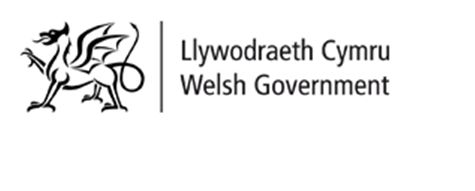Welsh Government
| Organization | |
|---|---|

| |
| Type | government entity |
| Focus | Politics |
| Region | EUR |
| Country |
|
| City | Crown Buildings, Cathays Park,
Cardiff, Wales |
| Founded | 1999 |
| Websites | |
The Welsh Government represents the devolved government of Wales. The Welsh Government serves as the executive body of Wales and it is headed by the First Minister. Carwyn Jones is the current First Minister. He is assisted by a Cabinet, which is composed of Welsh Ministers, Deputy Ministers, and the Counsel General. [1]
The Government of the United Kingdom provides budget for the Welsh Government. Its allocated budget for year 2012 to 2013 is £14.7 billion.[2]
Application for .wales and .cymru TLDs[edit | edit source]
The Government of Welsh is applying for the .wales and .cymru (Welsh for "Wales") geographical TLDs with ICANN's New gTLD Program. Nominet was chosen to file the applications and provide the technical registry services for both TLDs. [3] [4]
Facts About Wales[edit | edit source]
Wales has more than 3 inhabitants and it is home to 6 UNESCO World Heritage sites. 80% of the country's 20,779 km2 of land area is devoted to agriculture. Its Official language is Welsh and English. Wales has five principal cities: Cardiff (capital), Swansea, Newport, Bangor and St. David. It has 10 universities and 1,753 maintained schools.[5]
History[edit | edit source]
In 1997, the Welsh electorate approved a referendum for devolution from the British Government. The 1998 Government of Wales Act mandated the establishment of the Welsh Government, requiring a National Assembly, a First Minister and the Cabinet. In 2006, the 2nd Generation of Wales Act was enacted and established the separation of the responsibilities of the National Assembly, which serves as the legislative body, and the Welsh Government as the executive body. In 2011, the people of Wales voted in favor of giving additional legislative powers to the National Assembly to create laws related to 20 areas of responsibility without seeking the approval of UK Government.[6]
References[edit | edit source]
ICANNWiki resources: Special Pages | Content Guide | Documentation | Development || Maintenance: Articles needing attention | Candidates for deletion || Projects: Internet & Digital Governance Library
